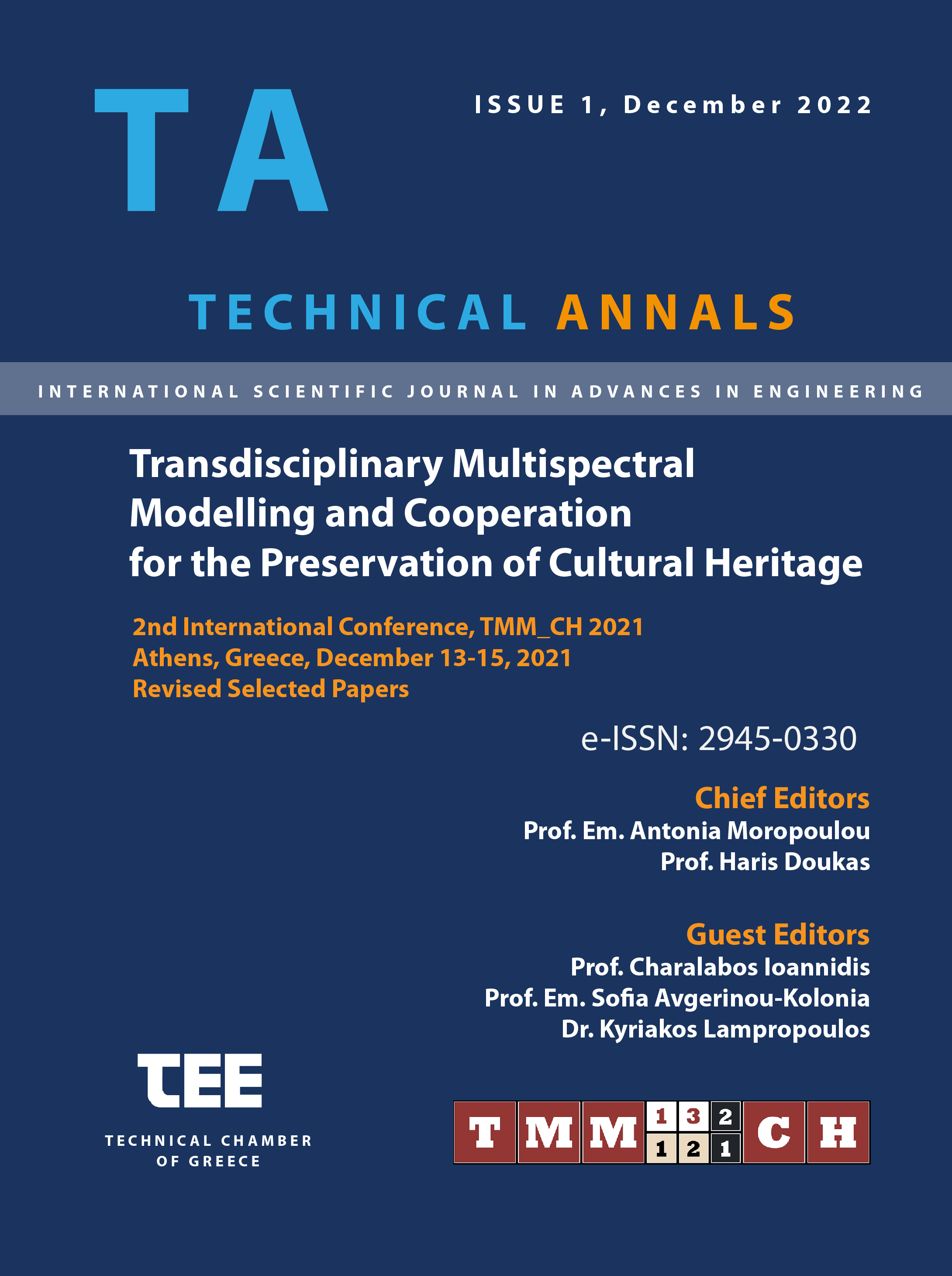ICT tools in Designing Preschool Educational Activities on Historical Events

Abstract
Digital technology is advancing at a rapid pace today. During the Covid-19 pandemic, the forced transition to e-learning promoted non-traditional work practices and time-sensitive tools. In Greek universities, like in most parts of the world, the lockdown changed curricula and lecturers responded by modi-fying course designs. Different academic disciplines and specific topics began to be delivered in different ways using the non-traditional teaching approaches of microlearning. In this study, conducted during the 2021 spring semester, we re-viewed the digital material that undergraduate students studying to become teach-ers had prepared as part of their ICT course. One hundred seventy students com-pleted their teaching internship reports with the help of digital infrastructure and ICT tools. The students were asked to deliver a preschool lesson addressing the historically significant topic of the Greek Revolution of 1821. Participants used 90 different ICT tools, lying in 5 categories: web search engines, social media, game-based learning platforms, collaboration platforms and task-specific tools. These ICT tools had different functionality, as some helped to create digital ma-terial, some helped to edit it, while others served to transmit it through online communication channels. Digital material and ICT tools can enhance and support educational experiences by providing various pathways to overcome the possible disruptions caused by the Coronavirus Era.
Article Details
- How to Cite
-
Pange, J., Degteva, A., & Nikiforidou, Z. (2022). ICT tools in Designing Preschool Educational Activities on Historical Events. Technical Annals, 1(1), 309–316. https://doi.org/10.12681/ta.32178
- Section
- Novel educational approaches

This work is licensed under a Creative Commons Attribution-ShareAlike 4.0 International License.


